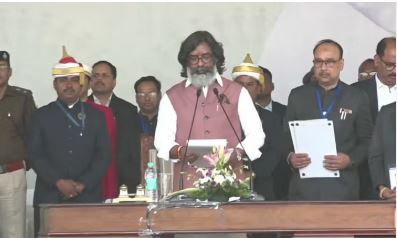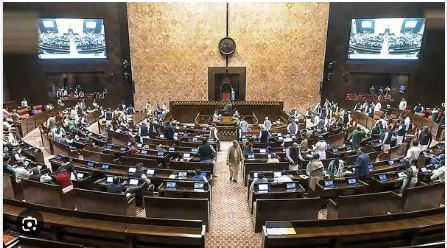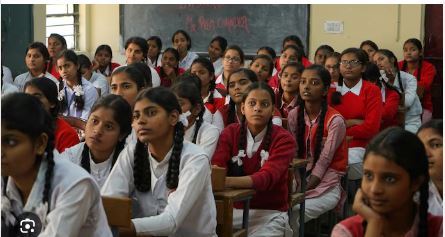New Delhi, November 28: In a landmark ruling addressing the illegal removal of a woman Sarpanch ( Panchayat head) in Chhattisgarh, the Supreme Court has criticized the "colonial mindset" of state administrative authorities.
The Court asserted that elected representatives should not be treated as subordinates to bureaucrats, emphasizing the distinction between an "elected public representative" and a "selected public servant."
A bench consisting of Justice Surya Kant and Justice Ujjal Bhuyan made these observations while hearing an appeal from a woman Sarpanch who had been unjustly removed from office due to the actions of state government officials. The Court highlighted that elections to public office confer democratic legitimacy upon representatives, a fact that is often overlooked by government servants.
The case involved a woman Sarpanch who was elected to the Sajbahar Gram Panchayat in 2020. Despite securing a decisive mandate, she was removed from her post in 2023 by a government order under the Chhattisgarh Panchayat Raj Adhiniyam, 1993. The removal was justified on the grounds of delays in construction works, but the Sarpanch contested the decision in the Supreme Court after the High Court dismissed her plea for relief.
The Supreme Court set aside her removal and awarded her a compensation of Rs. 1 lakh, to be paid by the State of Chhattisgarh. In its judgment, the Court observed that the administrative authorities had displayed a "colonial mindset" by failing to respect the distinction between elected representatives and appointed officials. The Court further noted that such bureaucratic overreach often undermines the autonomy and accountability of elected leaders.
"The administrative authorities, with their colonial mindset, have regrettably failed yet again to recognize the fundamental distinction between an elected public representative and a selected public servant," the Court stated. "Elected representatives like the appellant are often treated as subordinate to bureaucrats and coerced into complying with directives that undermine their independence and accountability. This misconception seeks to equate elected officials with civil servants, completely disregarding the democratic legitimacy conferred by the election process."
The woman Sarpanch had been removed for delays in construction projects, but the Court found that these delays were not attributable to her. The Court emphasized that the execution of such projects involves complex coordination between engineers, contractors, and timely material supply, and is often subject to external factors like weather. Holding the Sarpanch solely responsible for delays, without evidence of any failure on her part to oversee her duties, was deemed "atrocious" by the Court.
This judgment is a strong reminder of the need to respect the autonomy of elected representatives and the democratic process, especially in the face of bureaucratic overreach.










































